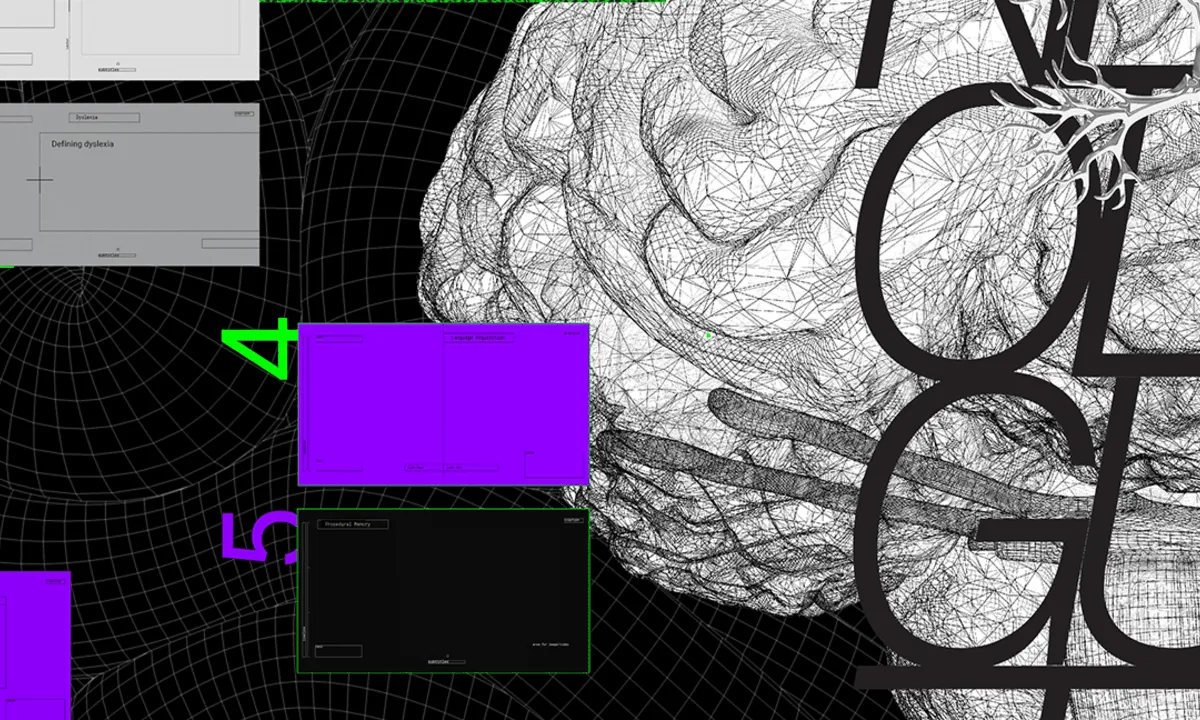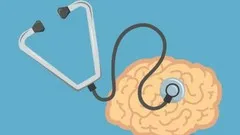
Neurolinguistics 
This course provides an overview of the field of neurolinguistics, exploring the intersection of linguistics and neuroscience to understand language processing. Students will gain an understanding of the key principles and goals of modern neurolinguistics. ▼
ADVERTISEMENT
Course Feature
![]() Cost:
Cost:
Free
![]() Provider:
Provider:
Coursera
![]() Certificate:
Certificate:
Paid Certification
![]() Language:
Language:
English
![]() Start Date:
Start Date:
28th Feb, 2022
Course Overview
❗The content presented here is sourced directly from Coursera platform. For comprehensive course details, including enrollment information, simply click on the 'Go to class' link on our website.
Updated in [March 06th, 2023]
This course introduces students to the field of Neurolinguistics. It covers the history of the field, modern techniques and methods of research, and provides detailed examples of recent studies. Students will learn about the neurophysiological aspects of first and second language learning, clinical research in speech, reading and writing disorders, and speech disorders accompanying various psychiatric conditions. The course is divided into seven modules. Module 1 introduces the main ideas and history of Neurolinguistics. Module 2 covers modern methods and techniques of research, such as EEG, MEG, intracranial EEG, evoked and induced potentials. Module 3 provides examples of three recent Neurolinguistic studies. Module 4 discusses how children learn their first and second languages. Modules 5 and 6 deal with clinical research in Neurolinguistics, covering topics such as aphasia, auditory hallucinations in schizophrenia, and brain asymmetry. Module 7 is devoted to dyslexia and its comorbidities.
[Applications]
After completing this course, students should be able to apply the knowledge they have gained to their own research. They should be able to identify the main units and organizational principles of the human nervous system that underlie language capacity, and be familiar with the modern techniques and methods of neurolinguistic research. They should also be able to apply the knowledge they have gained to the study of aphasia, auditory hallucinations in schizophrenia, and dyslexia and its comorbidities. Furthermore, they should be able to use the data from longitudinal studies to further their research.
[Career Paths]
1. Neurolinguistics Researcher: Neurolinguistics researchers study the neurological basis of language and communication. They use a variety of methods, such as EEG, MEG, fMRI, and intracranial EEG, to study the brain's response to language. They also use clinical research to study language disorders, such as aphasia and dyslexia. Neurolinguistics researchers are in high demand as the field continues to grow and develop.
2. Speech-Language Pathologist: Speech-language pathologists work with individuals who have communication disorders, such as aphasia, dyslexia, and auditory hallucinations. They assess and diagnose communication disorders, develop treatment plans, and provide therapy to help individuals improve their communication skills. Speech-language pathologists must have a master's degree in speech-language pathology and be licensed in their state.
3. Neurolinguistics Educator: Neurolinguistics educators teach courses in neurolinguistics at the college and university level. They develop and teach courses on the neurological basis of language and communication, as well as clinical research in neurolinguistics. Neurolinguistics educators must have a doctoral degree in neurolinguistics or a related field.
4. Neurolinguistics Consultant: Neurolinguistics consultants provide advice and guidance to organizations and individuals on the neurological basis of language and communication. They use their knowledge of neurolinguistics to help organizations develop effective communication strategies and to help individuals improve their communication skills. Neurolinguistics consultants must have a master's degree in neurolinguistics or a related field.
[Education Paths]
1. Bachelor's Degree in Neurolinguistics: A Bachelor's Degree in Neurolinguistics is a four-year program that provides students with a comprehensive understanding of the science of neurolinguistics. Students will learn about the structure and function of the human brain, the principles of language acquisition, and the clinical research in speech, reading, and writing disorders. This degree is becoming increasingly popular as it provides students with the skills and knowledge to pursue a career in the field of neurolinguistics.
2. Master's Degree in Neurolinguistics: A Master's Degree in Neurolinguistics is a two-year program that provides students with an in-depth understanding of the science of neurolinguistics. Students will learn about the structure and function of the human brain, the principles of language acquisition, and the clinical research in speech, reading, and writing disorders. This degree is becoming increasingly popular as it provides students with the skills and knowledge to pursue a career in the field of neurolinguistics.
3. Doctoral Degree in Neurolinguistics: A Doctoral Degree in Neurolinguistics is a four-year program that provides students with an advanced understanding of the science of neurolinguistics. Students will learn about the structure and function of the human brain, the principles of language acquisition, and the clinical research in speech, reading, and writing disorders. This degree is becoming increasingly popular as it provides students with the skills and knowledge to pursue a career in the field of neurolinguistics.
4. Post-Doctoral Degree in Neurolinguistics: A Post-Doctoral Degree in Neurolinguistics is a two-year program that provides students with an advanced understanding of the science of neurolinguistics. Students will learn about the structure and function of the human brain, the principles of language acquisition, and the clinical research in speech, reading, and writing disorders. This degree is becoming increasingly popular as it provides students with the skills and knowledge to pursue a career in the field of neurolinguistics.
Course Syllabus
Introduction. Language and the brain
Module 1 introduces the main ideas and the history of neurolinguistics. In this module you will learn how the human brain is organized and which cortical areas provide the basis for our language capacity. It also touches upon neuroevolution and the differences between the human brain and the brains of other mammals.Modern methods of neurolinguistic research, part I
In Module 2 you will learn about modern methods and techniques of neurolinguistic research, such as EEG, MEG, intracranial EEG, evoked and induced potentials.Modern methods of neurolinguistic research, part II
Module 3 continues the discussion of neurolinguistic research methods, introducing you to the fMRI method. It also provides examples of three recent neurolinguistic studies, detailing every stage: how the experiments were planned and conducted, and how the data was analysed.First and second language acquisition
Module 4 discusses how children learn their first and second languages. It also touches upon differences in the ways monolinguals and bilinguals process linguistic information.Clinical research in neurolinguistics, part I
Modules 5 and 6 deal with clinical research in neurolinguistics. In Module 5 you will learn about aphasia. We will discuss the underlying causes of this disorder, its main types and different approaches to their classification and assessment. You will also learn about linguistic models based on aphasia data.Clinical research in neurolinguistics, part II
Speech and writing disorders
Module 6 continues the topic of clinical research in neurolinguistics. In this module you will learn about auditory hallucinations in schizophrenia, their causes and treatment. This module also discusses brain asymmetry with regards to language and dichotic listening as a means of studying brain asymmetry.Course Provider

Provider Coursera's Stats at AZClass
Discussion and Reviews
0.0 (Based on 0 reviews)
Explore Similar Online Courses

Positive Mental Health

Pivotal Cloud Foundry Tutorial

Python for Informatics: Exploring Information

Social Network Analysis

Introduction to Systematic Review and Meta-Analysis

The Analytics Edge

DCO042 - Python For Informatics

Causal Diagrams: Draw Your Assumptions Before Your Conclusions

Whole genome sequencing of bacterial genomes - tools and applications

Control Your Subconscious Mind: Neuroscience Hidden Secrets

Perform an Excellent Neurological Bedside Exam


Start your review of Neurolinguistics